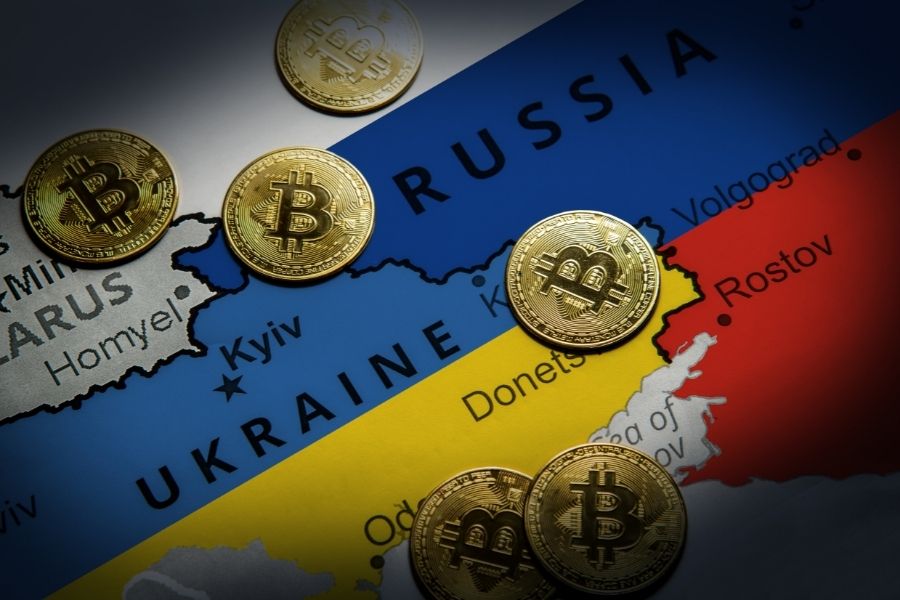EU limits Russians' crypto investments to 10k Euros
The sanctions aim to increase economic pressure on the Kremlin and make it more difficult for Russia to fund its invasion of Ukraine
Prefer us on Google

 Image: Shutterstock[br]
Image: Shutterstock[br]
In response to Russia’s military assault on Ukraine, the European Union (EU) has issued a fresh set of sanctions against the country. These latest sanctions prohibit the provision of "high-value" crypto-asset services to the Russian Federation.
According to the new Council regulation, published in the Official Journal of the European Union, the ban applies to all crypto wallets, accounts, or custody services for Russian citizens, other residents, and legal entities established in the country on digital funds exceeding a total value of €10,000.
The sanctions are aimed to increase economic pressure on the Kremlin and make it more difficult for Russia to fund its invasion of Ukraine.
“In view of the gravity of the situation, and in response to Russia’s military aggression against Ukraine, it is appropriate to introduce further restrictive measures," the EU states. “In particular, it is appropriate to extend the prohibition on deposits to crypto wallets."
The sanctions, which were first imposed the day after the invasion on February 25, permitted Russians to move up to €100,000 into EU bank accounts. They also prohibited the selling of banknotes and transferable assets denominated in the Euro or other official currencies of EU member states to Russia and Belarus, Moscow"s closest allies, or to any person or business registered in those countries.
The restrictions also included asset freezing and a complete prohibition on transactions for four Russian banks, which account for a quarter of the country"s banking sector. With the latest sanctions, the authorities have now placed a lower limit on crypto transactions.
President of the European Central Bank Christine Lagarde recently warned that cryptocurrency was being used to avoid sanctions. Officials in the United States have also issued warnings to crypto exchanges that do not comply with Russian sanctions. Last month, Deputy US Treasury Secretary Wally Adeyemo stated that American officials are on the lookout for any entity attempting to assist Russia in evading sanctions.
(The writer is founder at yMedia. He ventured into crypto in 2013 and is an ETH maximalist)
First Published: Apr 11, 2022, 14:39
Subscribe Now